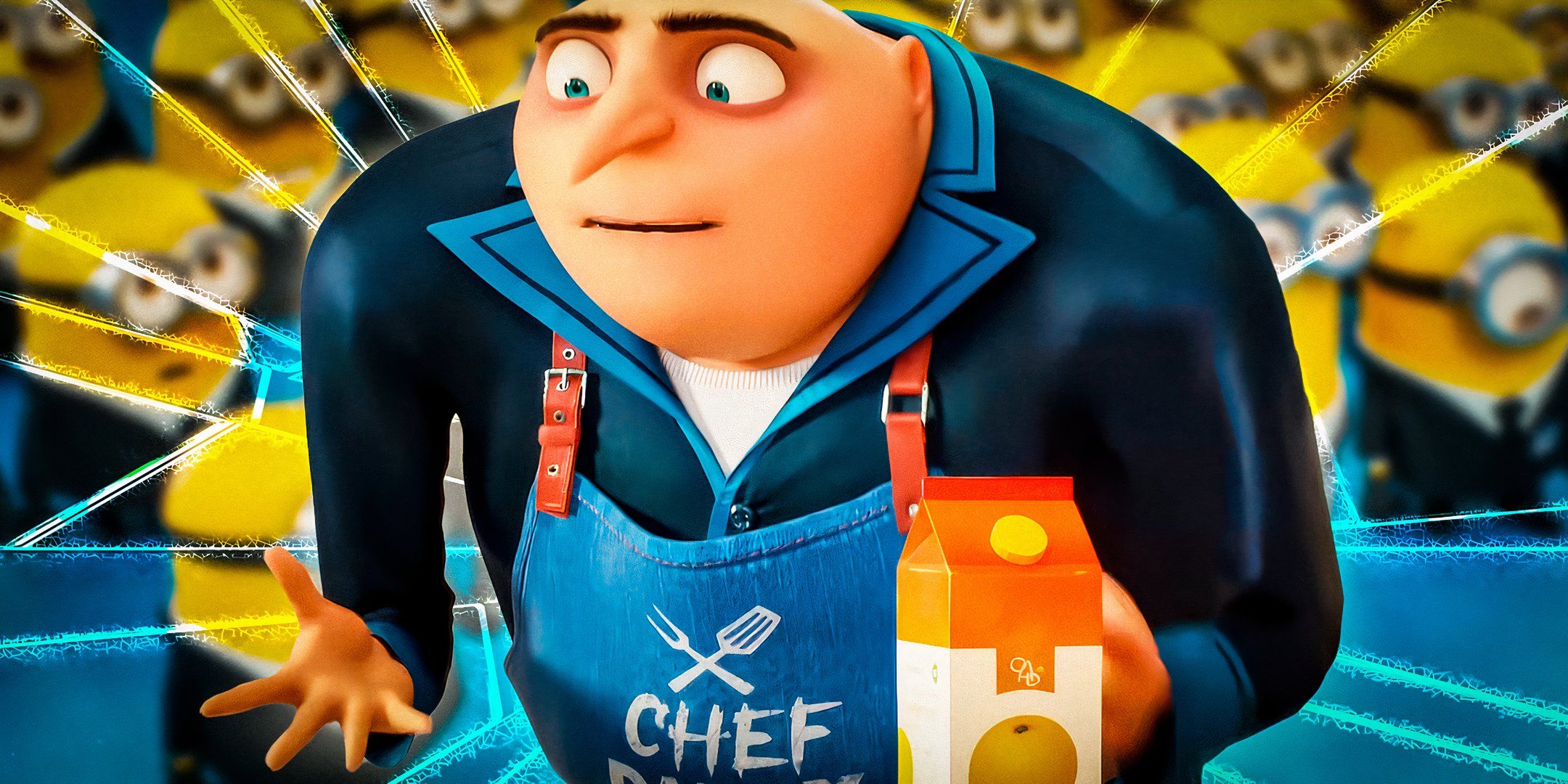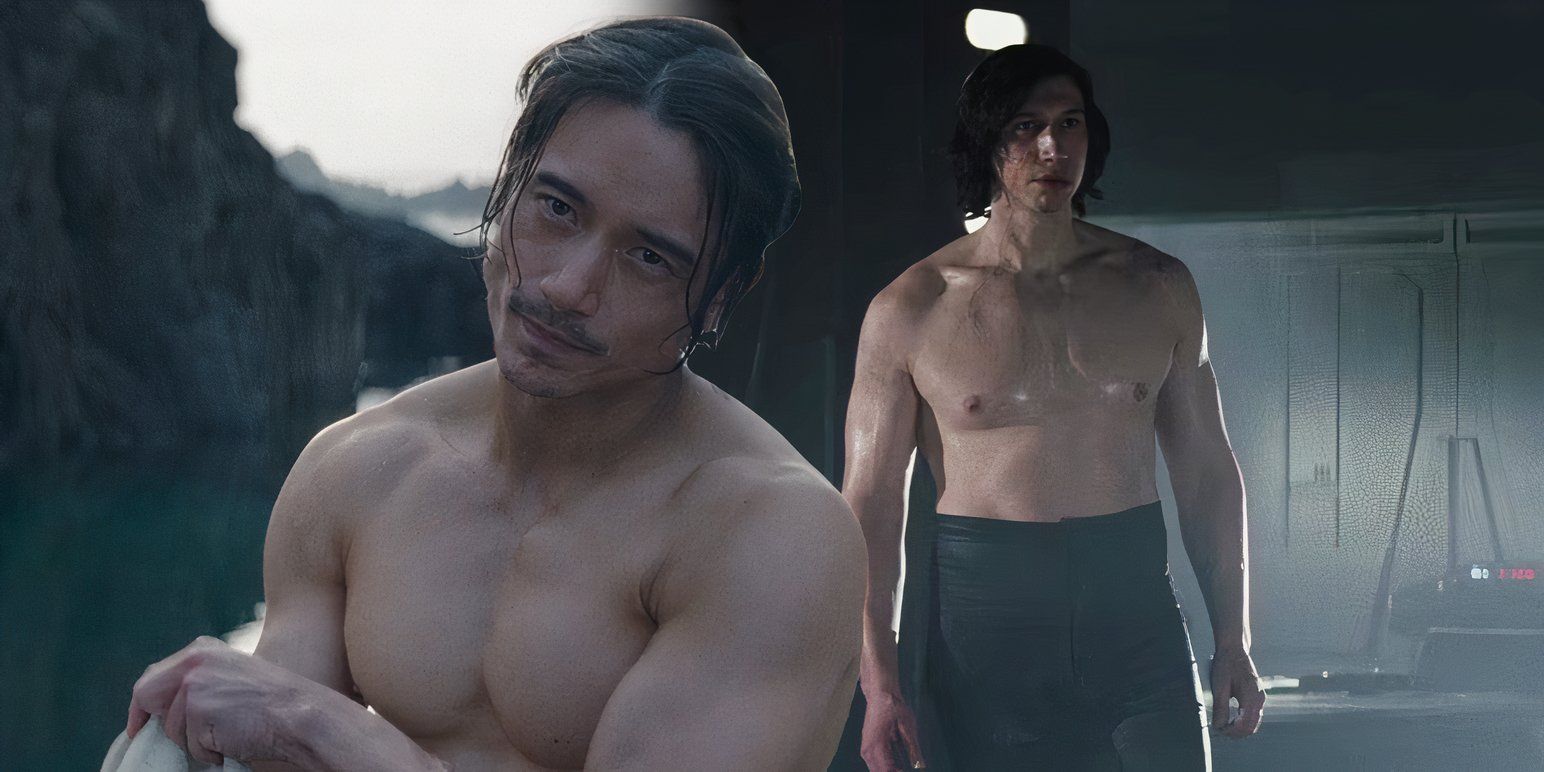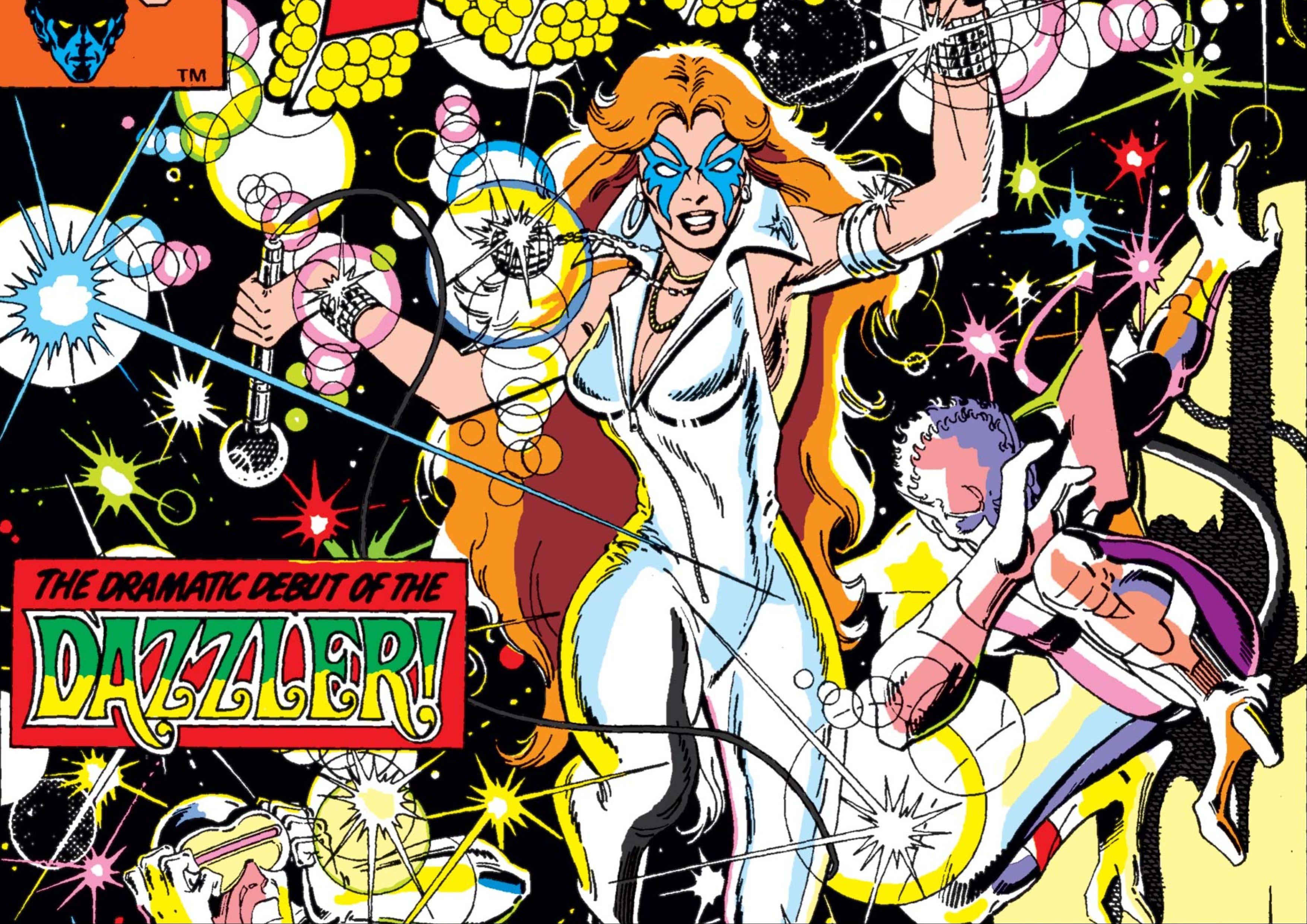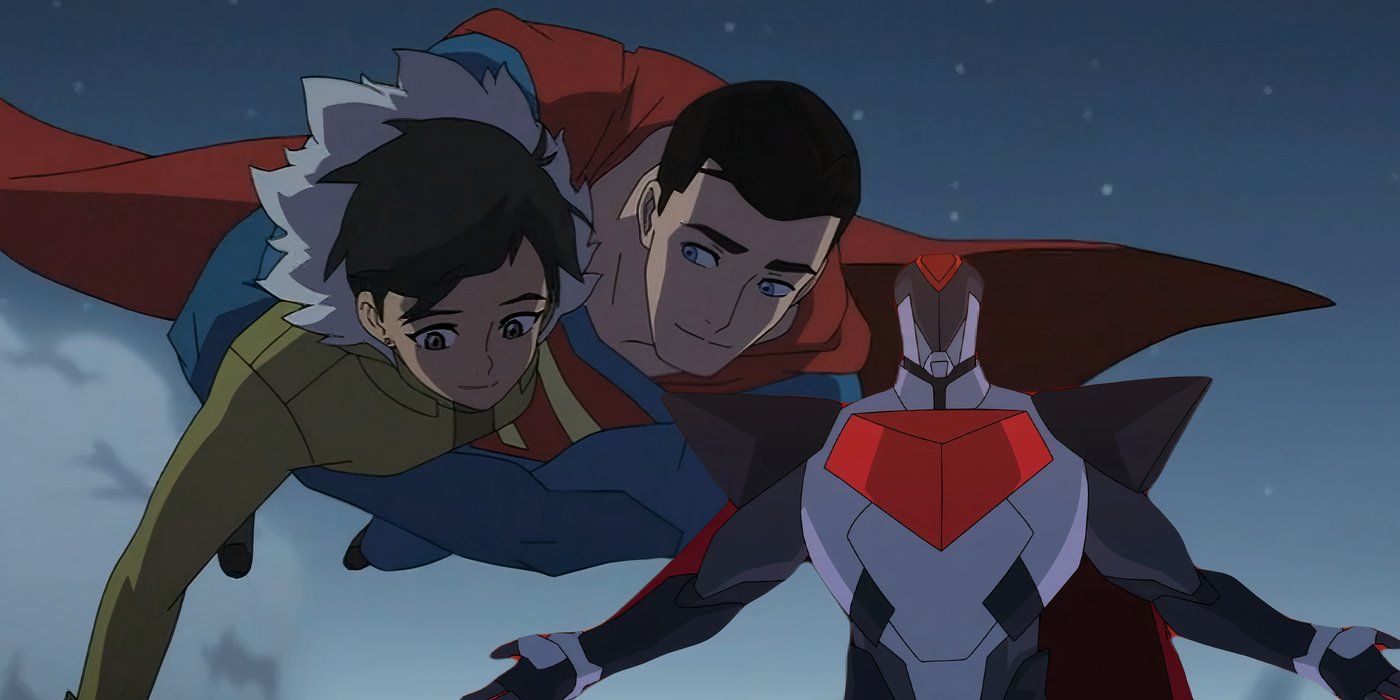When it comes to all things Marvel, few others can put a situation in perspective quite like Mark Millar. As Twentieth Century Fox’s creative consultant for the studio’s Marvel properties, Millar has input on the development of Fox’s X-Men and Fantastic Four franchises. Millar has recently weighed in on the failure – both commercially and critically – of the studio’s attempt to reboot Fantastic Four, and now we have even more Marvel insights from the often controversial writer.
Bryan Singer’s 2016 X-Men: Apocalypse continues Fox’s X-Men series, which has been rejuvenated by the success of X-Men: Days of Future Past. Apocalypse will evidently complete the franchise reset begun by Days of Future Past, but that leaves us with an ongoing open question: where does that leave Hugh Jackman’s Logan/Wolverine, who has been the face of the franchise for fifteen years?
Back in July, Hugh Jackman teased fans at the 2015 San Diego Comic-Con that the next solo Wolverine movie would not only be his last time sporting the adamantium claws, but could be based on the famous Old Man Logan storyline, written by Millar. While speaking to IGN, Millar stated: “Obviously I know what the final [Wolverine movie is] going to be, so I can’t say…” but he was happy to talk hypothetically about an Old Man Logan movie.
The main concern most fans have about such a notion revolves around Fox lacking the rights to many of the series’ major characters beyond Logan: Hawkeye, Bruce Banner, and various elements of the Captain America and Iron Man mythos all come into play. Millar is not concerned about any of this, however, saying:
“They’re not important to the story. The way I worked that thing is I actually structured it as, I broke it down mechanically – I figured out going from this part of America to that part of America and what he would encounter along the way, and then I added in the adversities later. Basically Wolverine doing The Road movie is the important thing and he has a friend [a blind Hawkeye] with him. But that friend could be Cyclops and he could be blind by the fact that his ruby-quartz visor is broken and he has to keep his eyes closed the whole time and everything, but still insists on driving the car they’re crossing America with. There’s lots of stuff. Instead of the Hulk, you could have the Blob or something.”
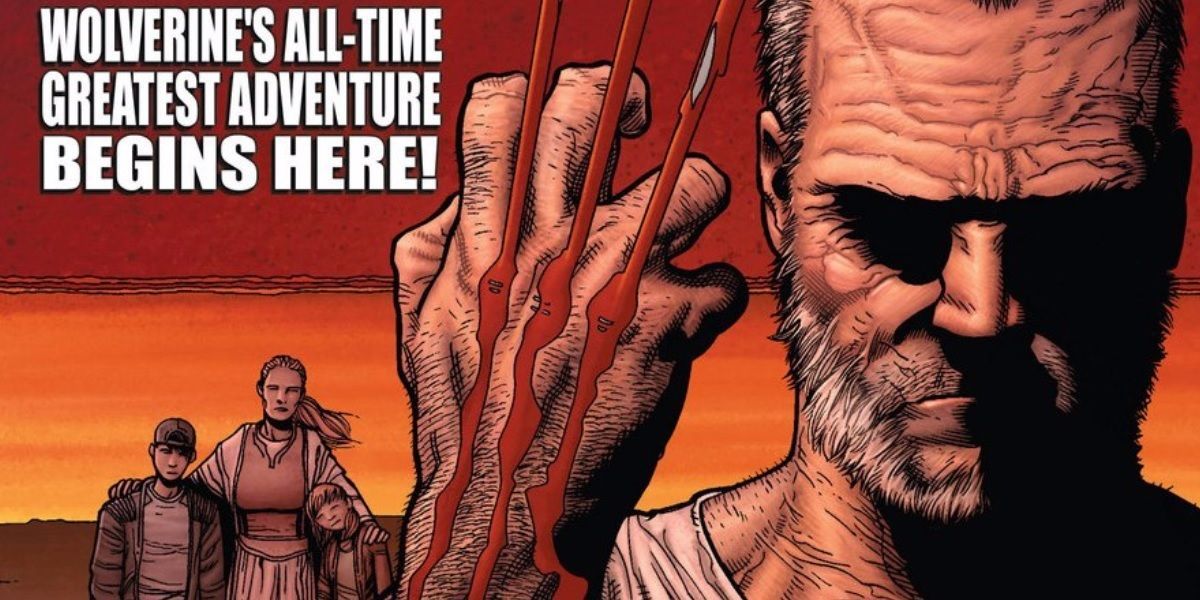
Fans may miss the old Logan playing off of a now-blind Hawkeye (whose singular personality is a highlight of the series), but the basic plot – a road movie set in a superhero dystopia – is strong enough to sustain the character changes. Plus, it’s possible that Millar’s casual mention of swapping out Cyclops for Hawkeye might be a hint of the kinds of changes in store.
Millar seemingly confirms this line of thinking, and makes an argument for keeping the story centered on characters Fox currently has the rights to:
“Honestly, the continuity stuff is the most boring side of it. I kind of like it, keeping it in the X-Men universe a little, too, because comic fans are different from the mainstream world. I know this stuff backwards because I’ve lived my whole life loving this stuff, but most people don’t know all the minutiae and everything so I think keeping it simplified and keeping it generally X-Men universe is a smarter thing to do.”
Meanwhile, on the Marvel Studios side of things, 2016’s Captain America: Civil War is based on the influential comic book series written by Millar and in a sense faces story problems similar to that of Fox making Old Man Logan. Nearly every major Marvel character (and a good number of minor ones) ends up choosing a side in the Civil War comic book series, including characters like the X-Men.
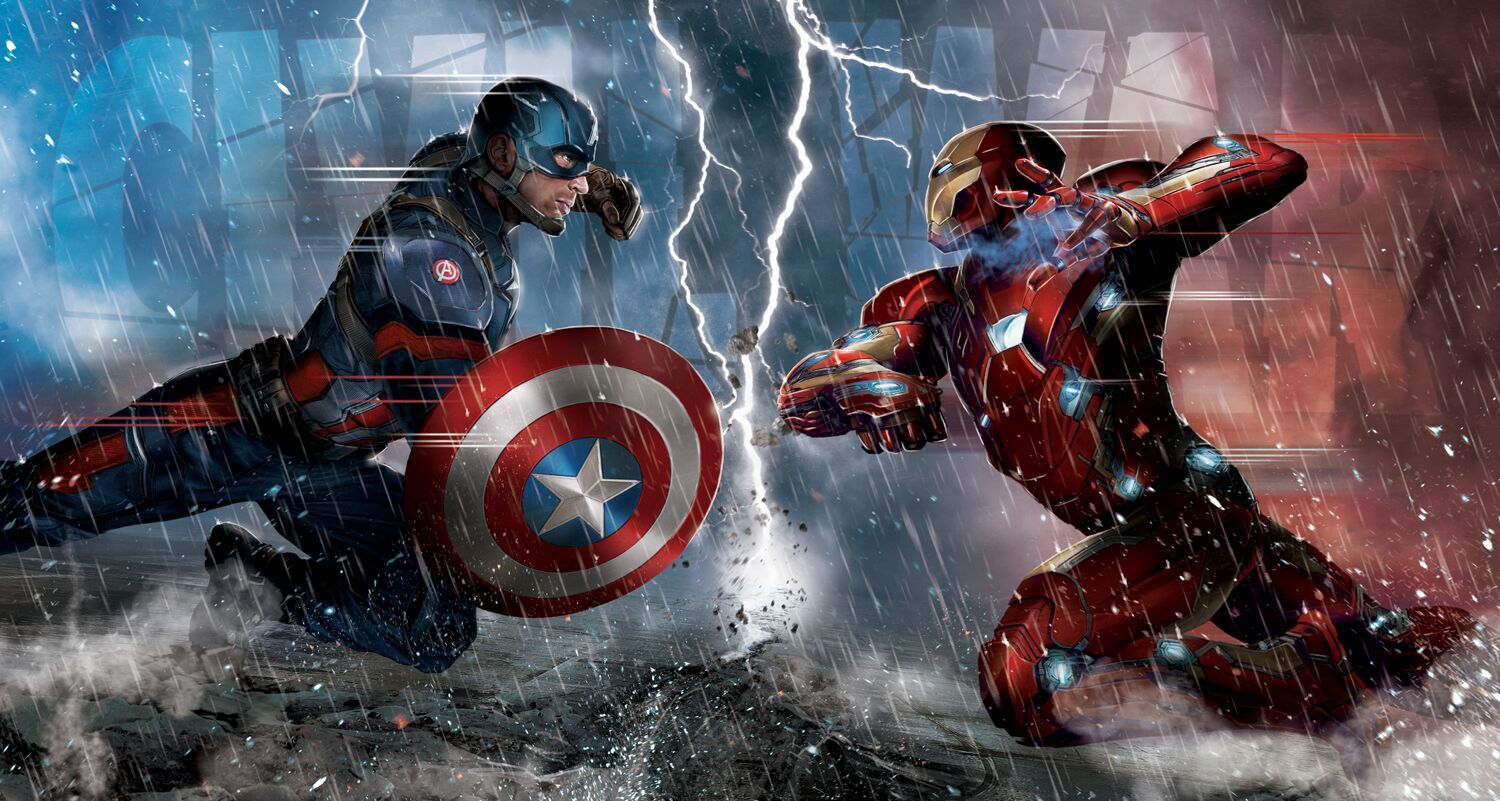
According to Millar – once again speaking to IGN – the most important aspect of Civil War resides in the narrative’s main themes: “The important thing really is the Superhero Registration Act essentially. It has nothing to do with secret identities.” Like Old Man Logan, the main plot can succeed even when separated from the various characters revolving around the core storyline.
“What it’s about is Iron Man feels anybody who is walking around with a nuclear reactor on their back or whatever should be under government control of some kind. They should be maybe working for the government the same way cops work for local government. And it’s sensible when you think about it. It totally makes sense. You have a license, you make sure this guy is okay, you make sure he doesn’t have a criminal record and all this kind of stuff. And it’s sensible but Captain America’s against it because he comes from a simpler time and he feels superheroes should be autonomous and not be involved in politics.
“It’s an ideological argument between the two, and that’s all that matters. That’s what Civil War is — it’s Iron Man vs. Captain America, and they’re both right, they’re both good guys. Because the moment you demonize one of them, then the story loses its power. You’ve got to like both of these guys, they’re both correct, and that’s why guys we like go to either side with them, too.”
Millar’s comments about the core conflict of the comic book Civil War syncs up with the rumored plot of the movie version, which has less to do with secret identities than the question of whether or not beings with superpowers should be regulated, and by who. Indeed, there are few real secret identities in the MCU; the world knows who Tony Stark, Steve Rogers and Bruce Banner are, and got to know the rest of the Avengers by the end of Age of Ultron.
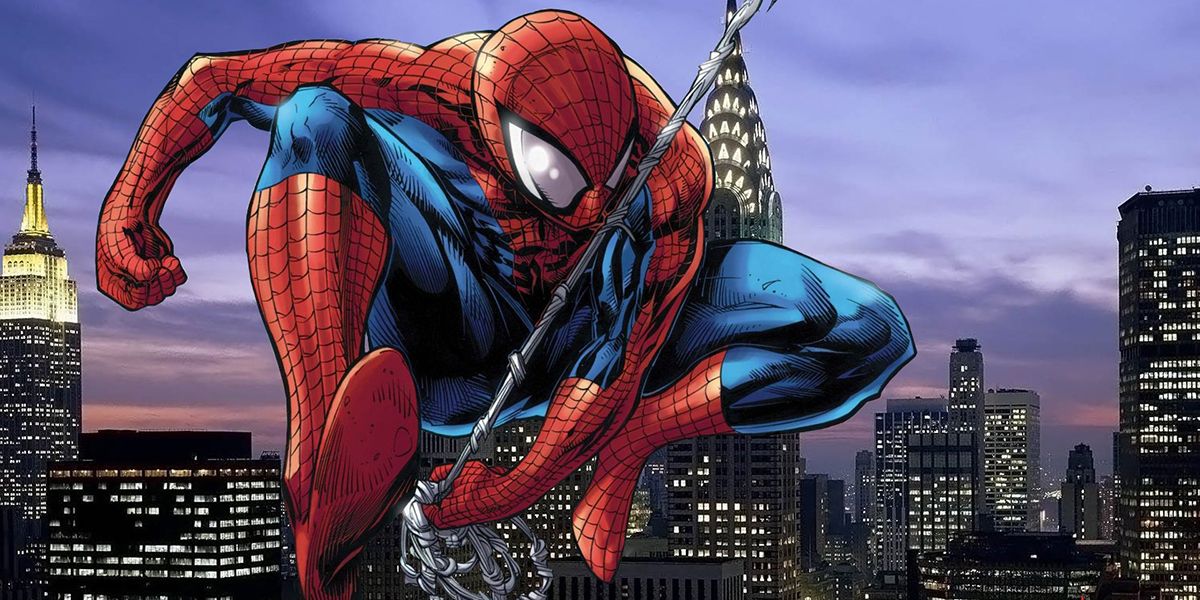
In fact, the one character whose secret identity had been kept throughout his run in the comics – and was revealed during the Civil War comic book story – will enter the MCU in the movie version: Spider-Man/Peter Parker. Will that moment be a major part of the film? Maybe not, since Millar admits that Spidey’s inclusion in the comic book series wasn’t exactly central to the plot, saying:
“People remember that because it was such a good stunt. It’s a seven-issue series, which is 150 pages or something, and Spider-Man appears it it for three pages, one of which is a splash. It was such a tiny part of it. To be honest, it was just a way of boosting up our sales. We were just sitting there thinking, what can we do with Spider-Man for three pages? And that worked.”
And just as Millar believes Old Man Logan can succeed without the movie characters Marvel owns, Civil War can work without Fox’s characters, like Reed Richards and the X-Men. Millar explained:
“I think if you have too many characters, it would be really confusing for that same reason — comic fans will get it, but the regular viewers can handle maybe eight, maybe ten characters on screen. Avengers 2 almost had the problem, it was so many characters it was hard to keep up. So if you have 30 characters fighting, people are going to be lost.”
So if the comic books’ writer has no problem with swapping out major characters, fans worried some of the minutiae in the Old Man Logan and Civil War storylines should have reason to be hopeful. After all, change is what defines adaptation – the Days of Future Past film differed from the celebrated comic book in major ways but fans still enjoyed it (for the most part).
Captain America: Civil War opens on May 6, 2016; Doctor Strange – November 4, 2016; Guardians of the Galaxy Vol. 2– May 5, 2017; Spider-Man reboot – July 28, 2017;Thor: Ragnarok – November 3, 2017; The Avengers: Infinity War Part 1– May 4, 2018; Black Panther – July 6, 2018; Captain Marvel – November 2, 2018; The Avengers: Infinity War Part 2 – May 3, 2019; and Inhumans – July 12, 2019.
Deadpool opens on February 12, 2016; X-Men: Apocalypse on May 27, 2016; Gambit on October 7, 2016; Wolverine on March 3, 2017; Fantastic Four 2 on June 9, 2017; and some as-yet unspecified X-Men filmon July 13, 2018.
